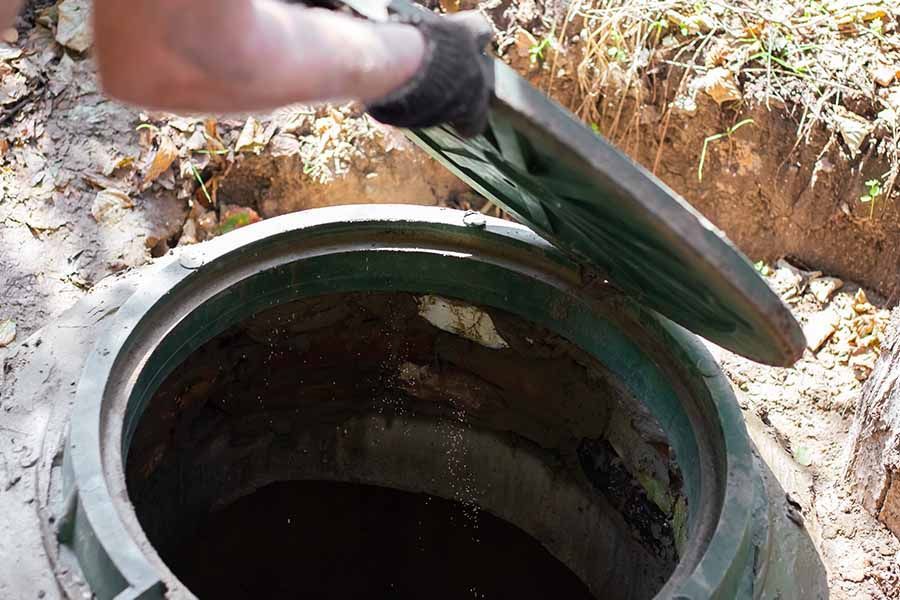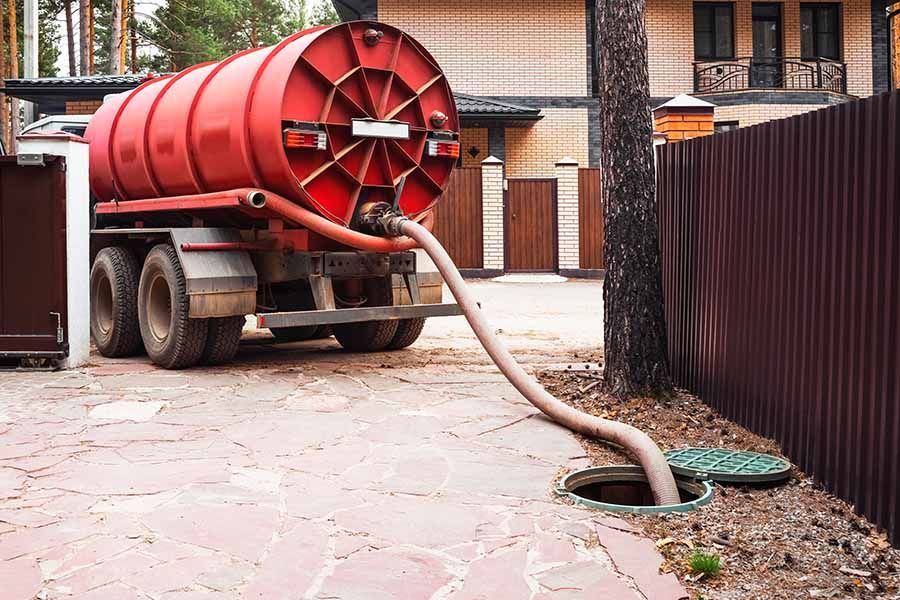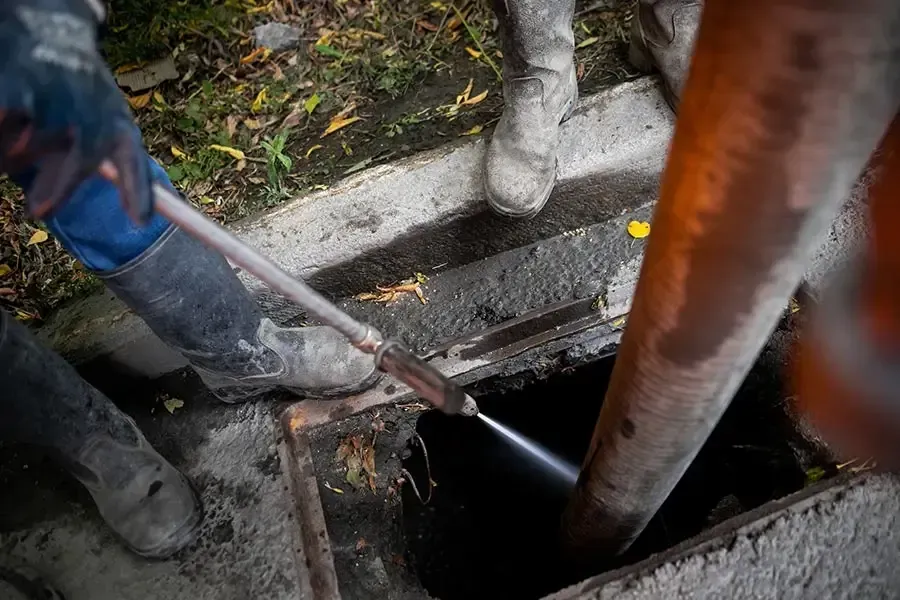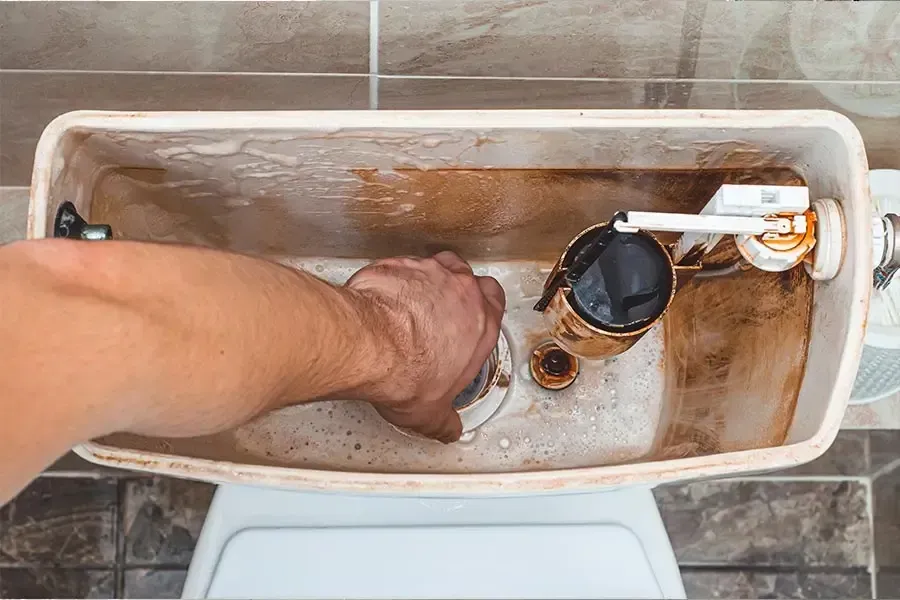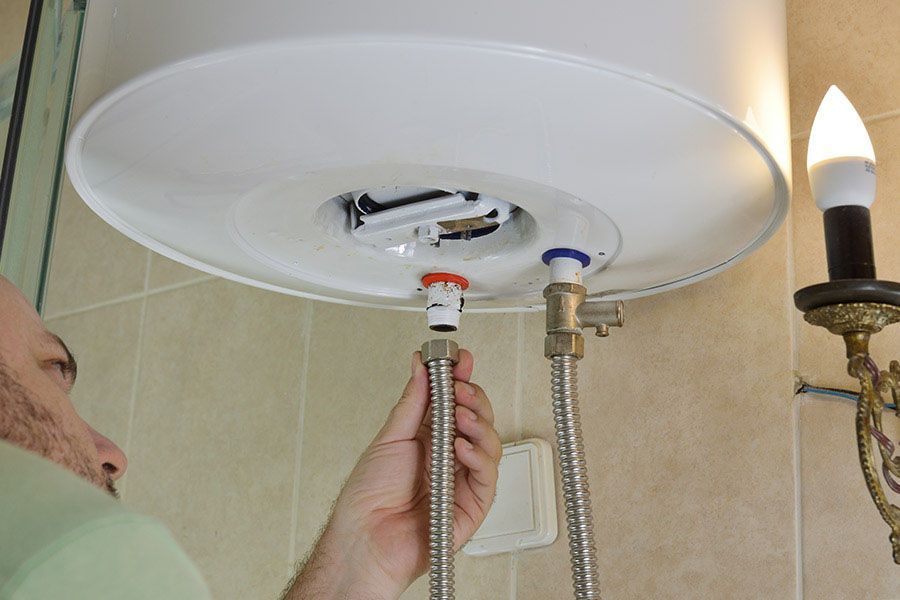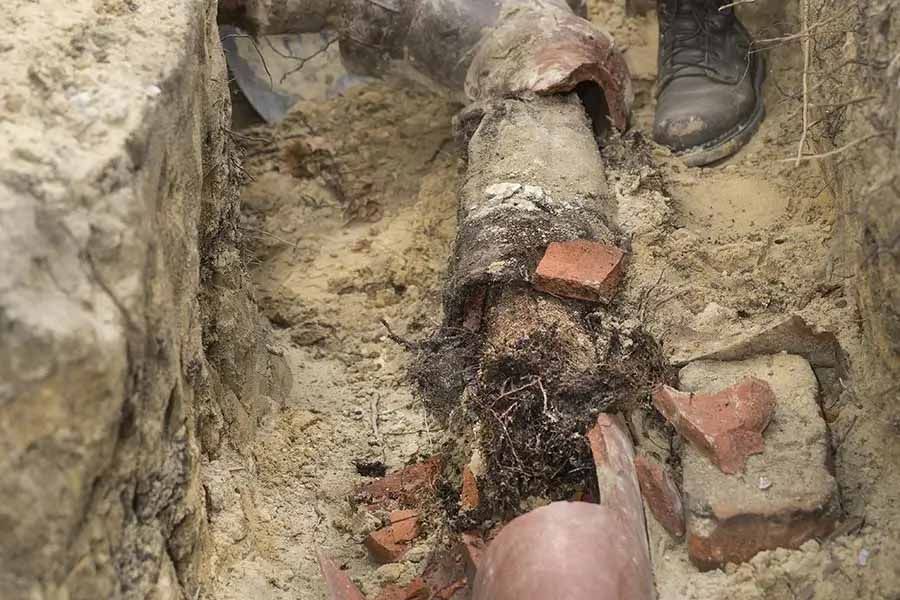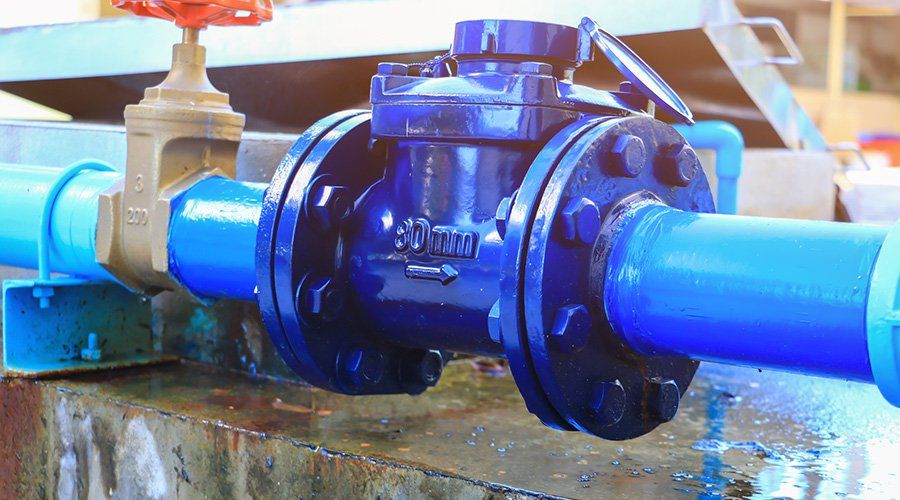
Rural homeowners have the responsibility of water and sewage management in a way that doesn’t apply to city dwellers. Your sewage system is individual to your household and what you put down the drain directly affects that entire system – your system!
We are providing here some tips on how to reduce water usage – this is both an environmentally-friendly thing to do but it also is a smart thing to do cost wise since you may pay for water by volume.
Environmentally-friendly/Cost Saving Water Use Tips
- Fix water leaks immediately – taps, running toilets, showers can gulp down gallons of good water daily so don’t procrastinate
- Limit shower times to a reasonable length – we don’t need to run the water for extended periods of time
- Install low flow shower heads – showers consume less water than filling a bath tub which can take up to 70 gallons of water so limit the baths
- Don’t let the water run while brushing your teeth
- Turn off the taps while soaping up your hands and on again for the rinse
- Get low flush or dual flush toilets installed – they can really cut down on your water consumption
- Reuse water for things like watering indoor plants
- Wash produce in a bowl rather than filling the sink or washing them under a running tap
- Don’t run your dishwasher or washing machine until you have a full load – you don’t need to pre-rinse your dishes – buy high efficiency machines when replacing your older models
- When washing dishes don’t let the water run for rinsing – stack the dishes and do the rinsing once all the washing is complete
- When washing floors use only enough water to cover the mop in the pail instead of filling the pail up – this also saves you money on soap (plus it’s easier to carry the mop pail when it’s not so heavy)
- Check your water bill promptly for spikes in usage that could signal a pipe leak somewhere in the system
- Does your lawn really need to be watered? Use drought resistant grass varieties when reseeding your grass as they will require less water
- Landscape your property with water savvy plants, use mulch to limit evaporation in your plant beds and around landscape trees
- Limit how much the kids play in the water – sprinklers and water games can really use up the water – teach children to respect the valuable water resources
- If you have a garden consider setting up rain barrels to catch water for the plants
Dos and Don’ts for Rural Sewer Systems
Dos
- Have your septic system serviced regularly to catch problems early and reduce the chances of raw sewage getting into your drainage system and the environment
- Conserve water and do spread out your water usage – wash laundry throughout the week instead of all on one day as the washing machine can put a lot of water into your sewer at once upsetting the balance and improperly treating sewage
- Use low sodium, low phosphorus dish and laundry soaps, choose biodegradable options
- Limit the chemicals used when cleaning sinks, toilets and showers/tubs – use baking soda, lemon juice or biodegradable sprays
Don’ts
- Limit the use of bleach, fabric softeners and detergents with whiteners, disinfectants or antimicrobial agents – all of these will interfere with the beneficial microbial action of your sewer system
- Don’t over use cleaning products in your home – use natural products when you can
- Toilet paper and human waste are all that should ever be flushed down your toilets
- Don’t flush cooking oils, high fat liquids like dairy products or grease down the drains
- Don’t flush food or vegetable peelings down the sink or toilets – compost them instead
- Never discard paint, varnish, solvents, pesticides, pharmaceuticals, cigarette butts, facial tissues, paper towel, motor oil or chemicals into your toilets or sinks – these are very detrimental to the environment and to your sewer system
- Hair dyes, chemical hair products, nail polish or nail polish removers should never be put down the sink
- Never put sanitary napkins/wipes or feminine and male hygiene products down the toilet
- Chemical drain openers and other enzymes or drain products should be used only with advice from your
septic sewer experts – you will need to use the proper products (like BioOne) and they can help you buy the right ones



